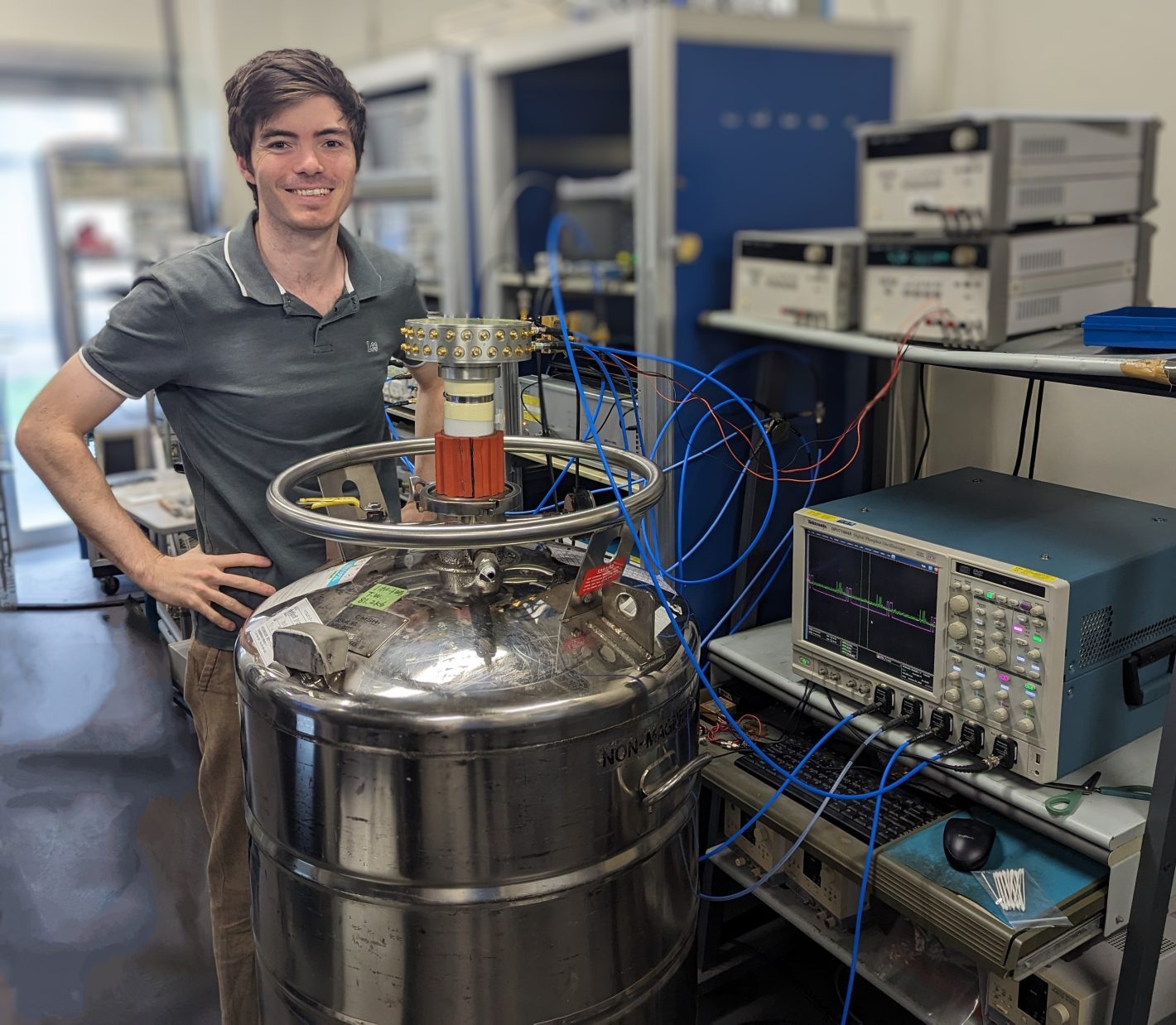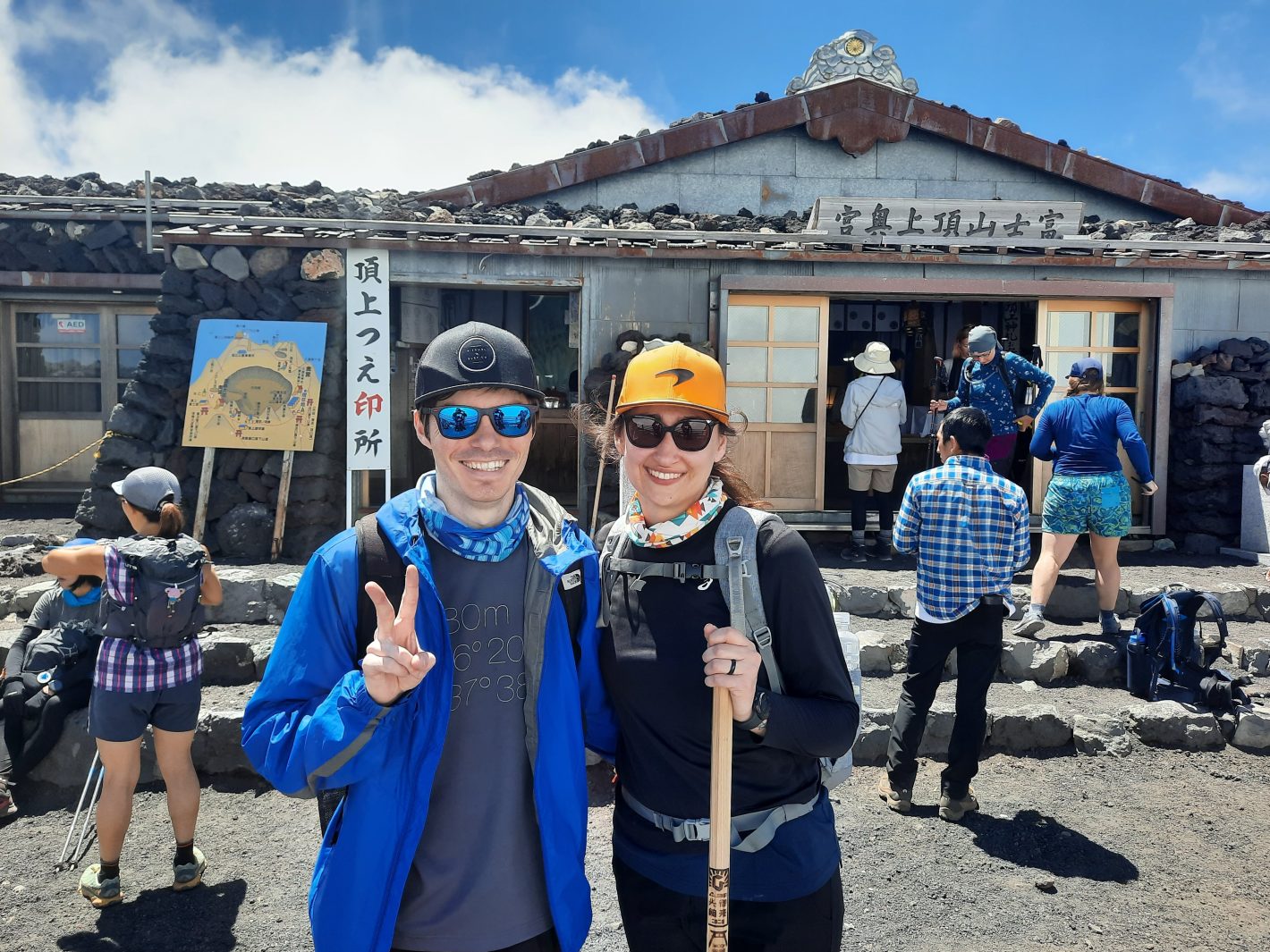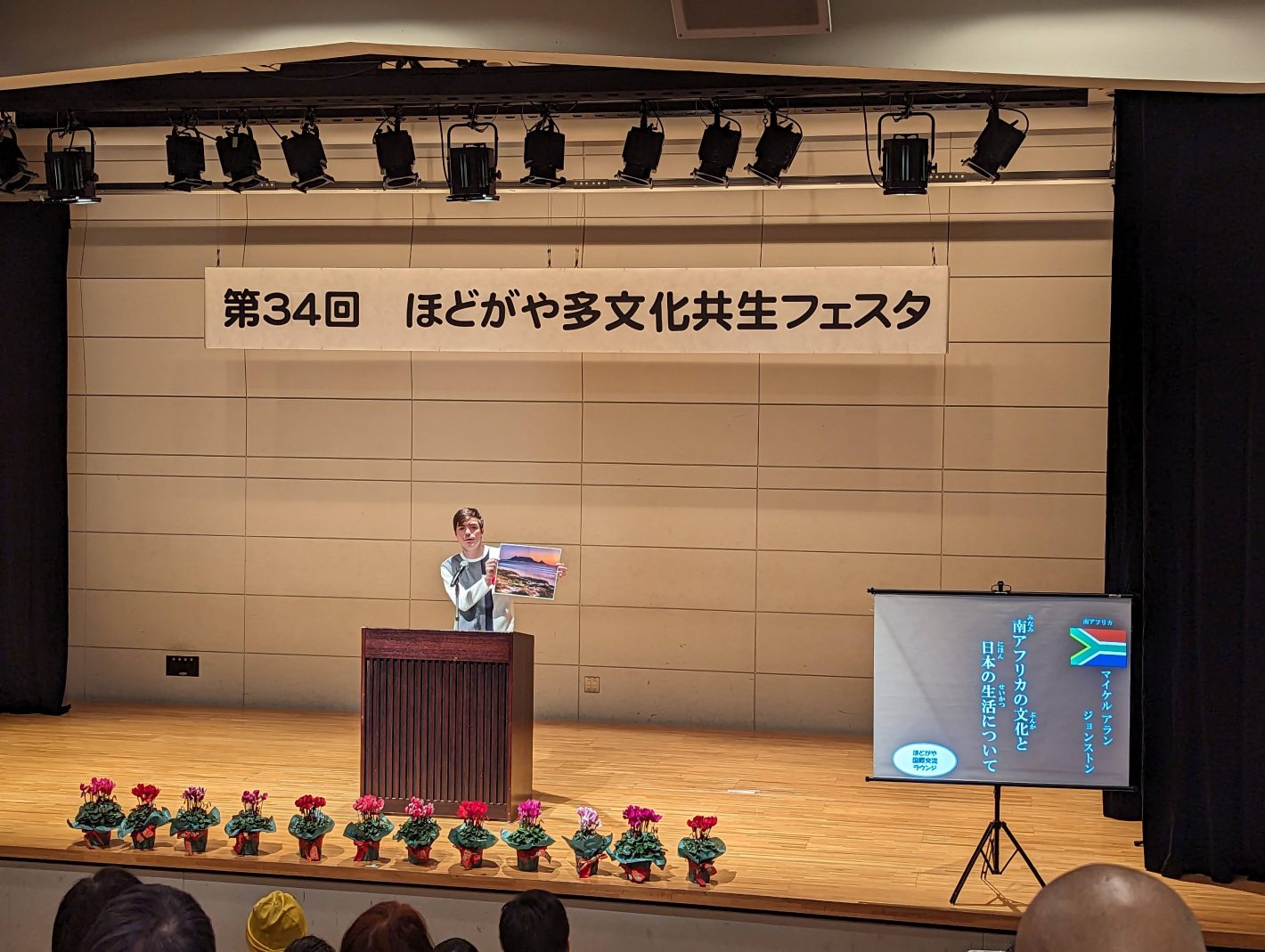Michael Johnston, IAS Researcher
Researcher Profile
・Michael Johnston, IAS Researcher at Quantum Control Electronic Integrated Circuit Laboratory, Quantum Information Research Center
・Research Interest : filter design, superconducting digital circuits, qubit control

IAS researcher Michael Johnston obtained a master’s degree from South Africa’s Stellenbosch University in 2019, following which he worked in industry for about two years at a South African company manufacturing antennas and other businesses. In 2022, he took a position as a researcher at the Yokohama National University’s Institute of Advanced Sciences (IAS), in the Quantum Control Electronic Integrated Circuit Laboratory at the Quantum Information Research Center. Working at IAS was Johnston’s first research position. Thanks to the research environment at IAS, which is equipped with facilities not possible to access in South Africa, he was able to pursue research in areas in which he had a deep interest and had a very rewarding experience. After this first work experience as a researcher, Johnston felt a desire to obtain a Ph.D. and intends to continue research into superconducting digital circuits in the future.
Through his research, Johnston hopes to improve scalability for superconducting digital circuits and develop better filters and switching devices for qubit control.
Please describe your current research.
Energy efficiency is essential for next-generation computing systems design and application. Superconducting digital circuit technology has the potential to allow calculation applications to achieve high performance with low energy consumption. My research is focused on superconductor logic families such as rapid single flux quantum (RSFQ) and adiabatic quantum-flux-parametron (AQFP) logic and applying microwave theory to realize complex circuits in the superconducting digital and quantum computing domain.
What do you think about the research environment and the atmosphere at IAS?
In South Africa, there are no facilities for manufacturing or measuring superconducting digital circuits, so chips are manufactured and tested by companies in other countries. That process usually takes from six months to one year. That not only greatly impacts the speed of research as a whole, it also means that researchers in South Africa have no opportunities to be exposed to manufacturing or testing processes. At IAS, on the other hand, there are devices that can control the temperature of the experimental environment, and superconducting digital circuits can be measured by cooling chips to extremely low temperatures. Japan’s National Institute of Advanced Industrial Science and Technology (AIST), an independent organization, can manufacture superconducting digital circuits. This made it possible for me to conduct my own experiments and develop a strong understanding of the manufacturing process and experiments. That, for me, has been the most eye-opening experience I have had at IAS.
I work in professor Nobuyuki Yoshikawa’s lab, where most of the people are non-Japanese, from South Africa, China, the United States and other countries. In recent project applications, the first thing the examiners noted positively was that our group was very multi-cultural. Professor Yoshikawa was the only Japanese at that meeting, which made a strong impression that we were a very international group.
Out of a perfect score of 100, how would you rate your life so far?
I’m satisfied with my life, so I think I can rate it at 90. I am very fortunate to have lived and worked in Japan, which I think is an unusual opportunity for someone from South Africa. My experiences at YNU will be very useful for advancing my career and accumulating international experience in superconducting digital circuits, and I’m very grateful for such a valuable experience. I’m also thankful that I can work in the same field as my wife (Lieze Schindler IAS assistant professor), so we can support each other, bounce ideas off each other, and, in a world where there are so many problems today, live a peaceful life. I am very satisfied with my life right now.
If I were sitting next to the little boy Michael, I would say “Don’t worry so much, just enjoy life.” When I was young, I spent a lot of time thinking about the future, trying to figure out what I wanted to do. But there’s not much point in worrying about that, and I feel it’s important to live in the moment and not be tied up in needless worry. The best way forward is to enjoy the current moment.

What are your future career and life goals?
In February 2024, my wife and I will be returning to South Africa, where I will be working for the South African Radio Astronomy Observatory, which is also a research institution directly under the South African government. This position includes research, so I can potentially continue my current research there. This is a rare opportunity, and I will be able to continue my research and potentially obtain my Ph.D. through the research institution, after which I hope to contribute to the progress of science in South Africa.
After I get settled in my work, my goal as a bridge with Japan is to maintain friendly relations with YNU. Specifically, I’d like to set up a collaborative project and invite a Japanese researcher to my institute. I’d also like to promote rugby as another area for friendly exchanges. South Africa is famous for rugby, and the sport is very popular in Japan too. I think rugby is the best way to connect countries. Many South Africans players come to Japan for rugby, and I feel that they play an important role in promoting cooperation and mutual links between South Africa and Japan.
What kind of special experiences have you had in Japan?
One special experience was climbing Mt. Oyama last year. It began to snow unexpectedly and the scenery was very beautiful. Although the snow made the climb more challenging, it turned out to be a pleasurable experience.
The Hodogaya International Lounge holds Japanese classes for non-Japanese, which I attended twice a week. Students are encouraged to give a speech in Japanese, which I did recently at the Hodogaya International Festa event hosted by the Hodogaya International Lounge. The event is a celebration of international culture with shops, games and activities from around the world. In my speech, I talked about life in South Africa and about my life in Japan, which was a meaningful experience for me in that international setting.
At the end of my speech, I described an amusing language-related misunderstanding. I was at the post office to send sweets (okashi) to a friend, and the clerk asked me what in the package. I replied “okashii,” which means strange or funny. This surprised the clerk, who said, “So you’re sending something strange?” I answered yes but then realized my mistake, so I quickly correctly myself and said “Sorry, I meant okashi, not okashii!”

Compared to before coming to Japan, how do you feel you have changed since?
Compared to before, I’ve experienced a big change since coming to Japan, in particular my ability to communicate with others. I’m a natural introvert, and before coming to Japan I wasn’t good at communicating with others. South Africans are very friendly, but it’s normal to keep a certain distance from each other, and interactions with neighbors are sometimes limited. I had gotten used to that kind of life. After coming to Japan, I needed to communicate with others, so I began studying Japanese, and I had to make an effort and try to use Japanese as much as possible in everyday interactions. And, given the fact that some Japanese find it stressful to interact with foreigners and converse in English, I feel that learning Japanese and using it regularly helps break down communication barriers. Being placed in an environment where the language is not my mother tongue, I feel that my ability to communicate and my confidence when interacting with others have definitely improved.
